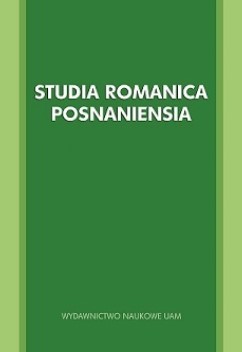Comment enseigner le discours scientifique en langue étrangère aux étudiants: la compétence discursive spécialisée à travers l’analyse des textes écrits
How to teach scientific discourse to students in a foreign language: specialist discursive competence on the example of written texts
Author(s): Patrycja Bobowska-NastarzewskaSubject(s): Foreign languages learning, Language acquisition, Cognitive linguistics, Pedagogy
Published by: Uniwersytet im. Adama Mickiewicza w Poznaniu
Keywords: scientific discourse; French language; discursive competence; specialized lexis; conceptual metaphors; analysis of written text;
Summary/Abstract: The aim of the paper is to identify the methods of teaching academic discourse in French on the example of a selected written text whose subject matter is concerned with linguistics in connection with other disciplines. The analysis uses as its starting point the assumptions of the theory of the linguistic image of the world (J. Bartmiński) and of the cognitive linguistics (G. Lakoff and M. Johnson, R.W. Langacker) as applied in glottodidactics. While reading and understanding a written text, students activate the process of schematization (abstraction) and categorization/recategorization (R.W. Langacker). Teacher’s role is to explain specialized lexis to students and make an attempt with them to analyse scientific texts from an interdisciplinary perspective. It is also important to familiarize students with the editorial rules applicable to diploma dissertations, both bachelor’s and master’s in French as well as the criteria of textuality, including cohesion, coherence, intentionality, acceptability, informativity, situationality, and intertextuality (R.A. De Beaugrande, W.U. Dressler).
Journal: Studia Romanica Posnaniensia
- Issue Year: 49/2022
- Issue No: 2
- Page Range: 87-97
- Page Count: 12
- Language: French

